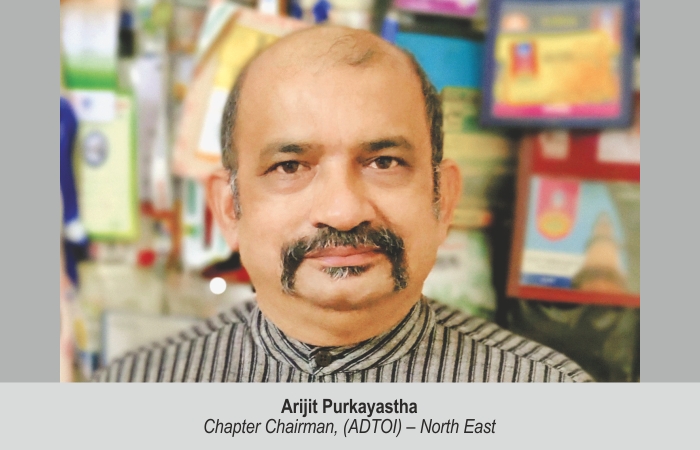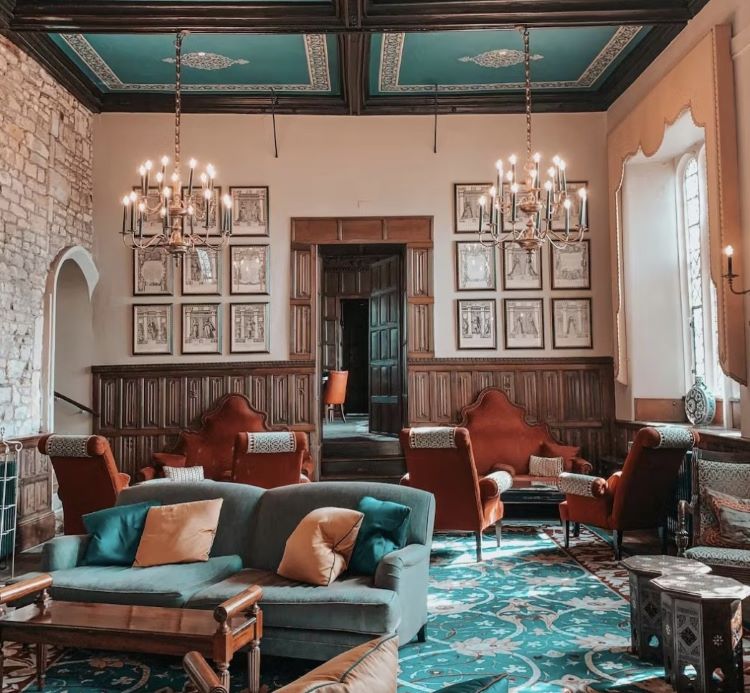North East India has a number of tribes and communities each with their own traditions and customs. This makes Community-Based Tourism (CBT) a promising segment for travellers looking for unique and authentic experiences, says Arijit Purkayastha, Chapter Chairman, Association of Domestic Tour Operators of India (ADTOI) –North East.
Most of the earlier tourism development projects in India were applied more towards mass tourism. It has undoubtedly contributed to a large portion of the national income and generated huge employment opportunities. However, mass tourism does not benefit the local communities as such the benefits only trickle down to the communities that fail to encourage participation of the communities.
Community-based tourism is a promising segment as travellers are increasingly looking for unique and authentic experiences. For many tourists its quite appealing that villagers are living close to nature and have their own traditional and indigenous practices. Although communities have a right to make their own decisions about their involvement in tourism, they need to be protected from the negative impacts of tourism in order to preserve their unique cultures. At the same time, they need to be benefitted. Tourists may discover that traditional communities often have far more to teach travellers about society. For many, there is nothing like bridging centuries of modern development and making a connection with people whose lives are so very different to cities. Tourism will be accepted by the communities only when they see that it brings the benefit and when they have the decision-making power. The benefits might be in terms of both financial benefits and social recognition.
Workshops for communities
Assam and the North East India in general have a number of tribes and communities each with their own traditions, customs and practices. In North East India, Community-Based Tourism (CBT) is a promising segment as travellers are increasingly looking for unique and authentic experiences. They are willing to spend more money on these activities, especially if this benefits local communities. But how do we develop off-the-beat community experience for travellers? The most important fact is that we have to find the people who would be interested in community-based tourism. From our experience we feel that CBT will be successful for domestic repeat tourists. For first-timers, visiting the region may not be comfortable as dealing with the community is completely different because the language barrier and destination is totally different in terms of infrastructure compared to mainland India. At the same time, communities need to be prepared and trained for this as it can overwhelm them. This is best done by organising regular workshops.
ADTOI plays an active role
ADTOI’s North East Chapter has been very successfully both directly and indirectly associated with the adopted village of Sonapur College named Dikchakand tour operators are prepared with CBT for the forthcoming season. Many tour operators in the region are actively involved in CBT through which communities are benefited. However, care has to be taken not to turn such community-based destinations into mass tourism destinations or else its purpose would be lost.
 TravTalk India Online Magazine
TravTalk India Online Magazine





